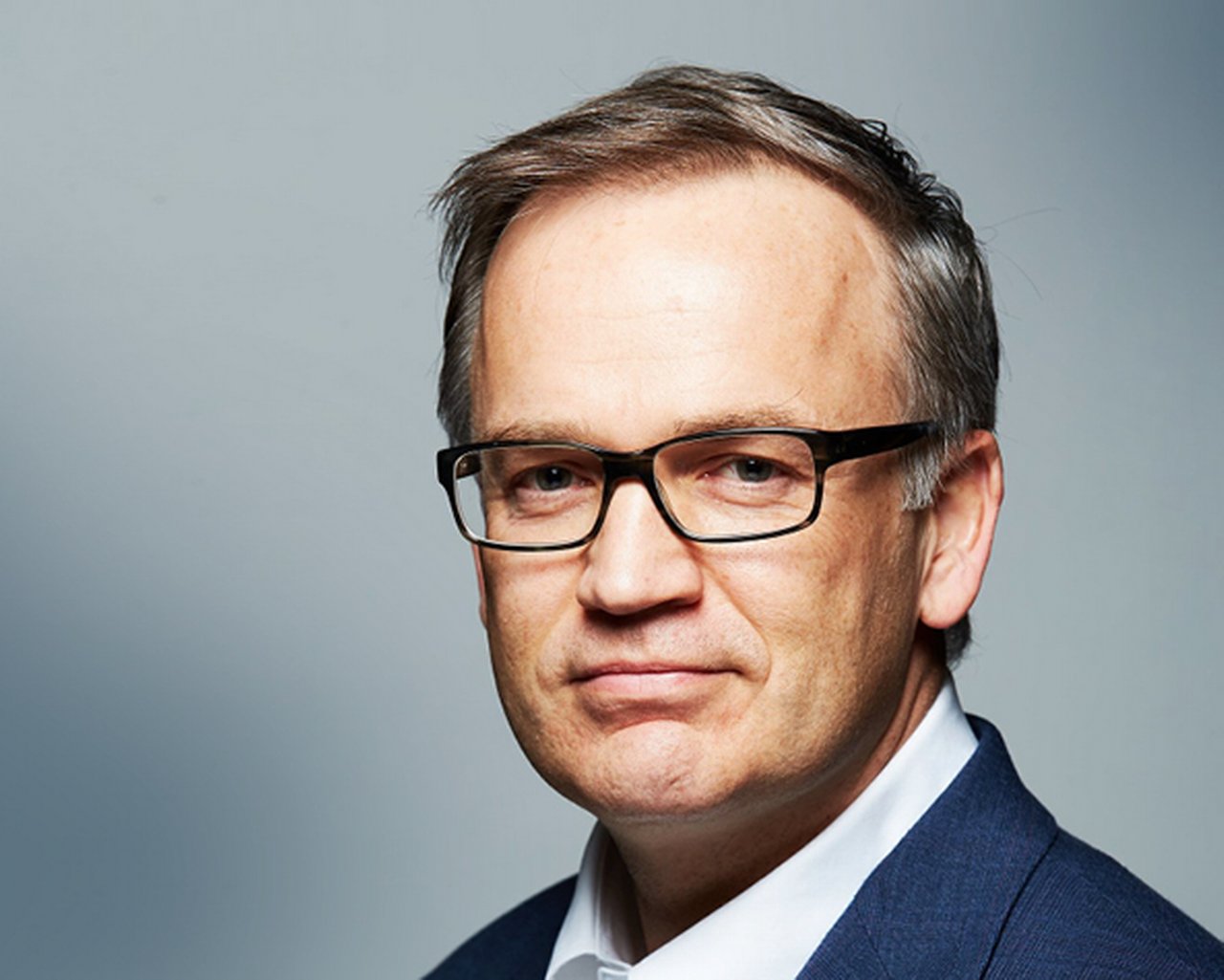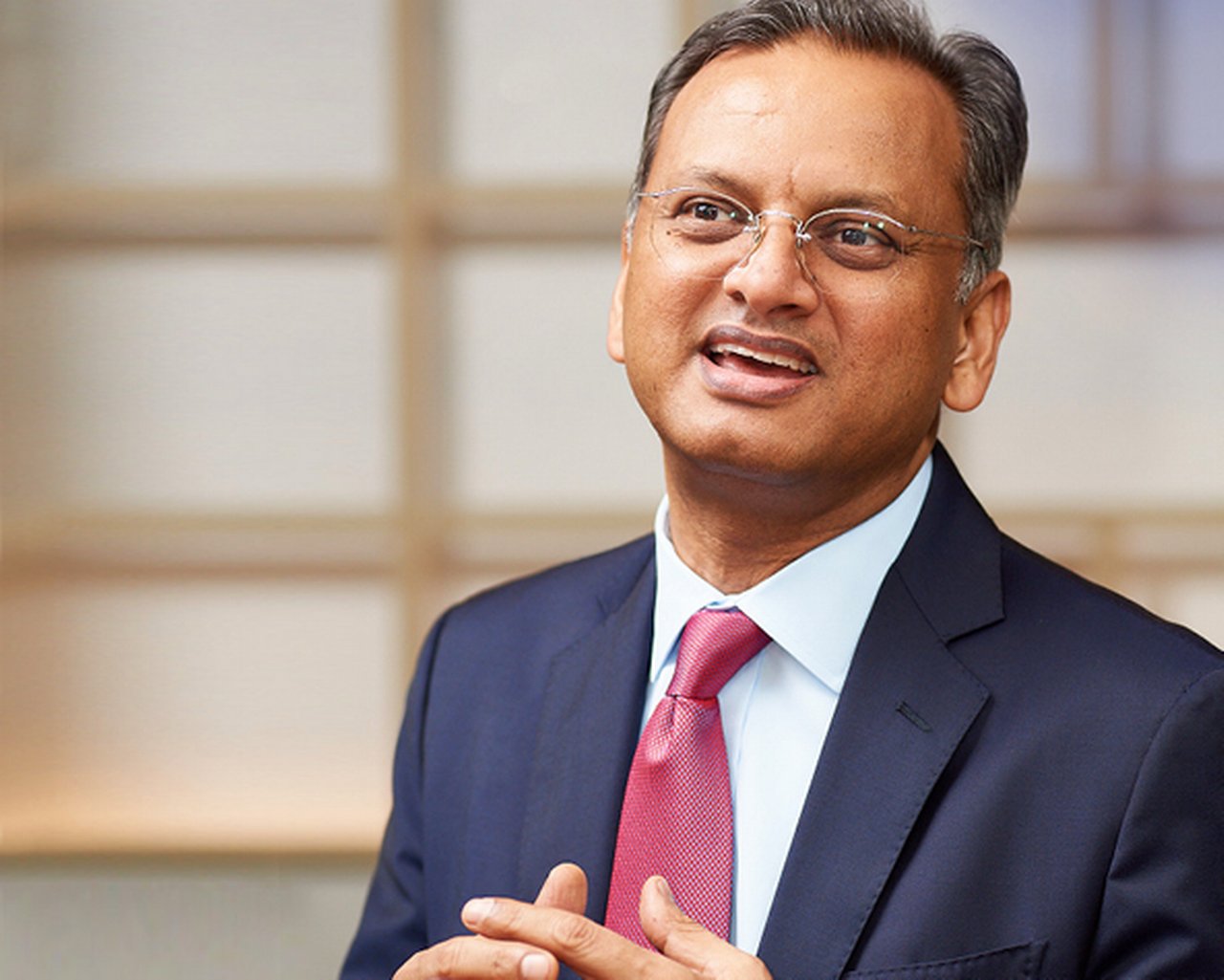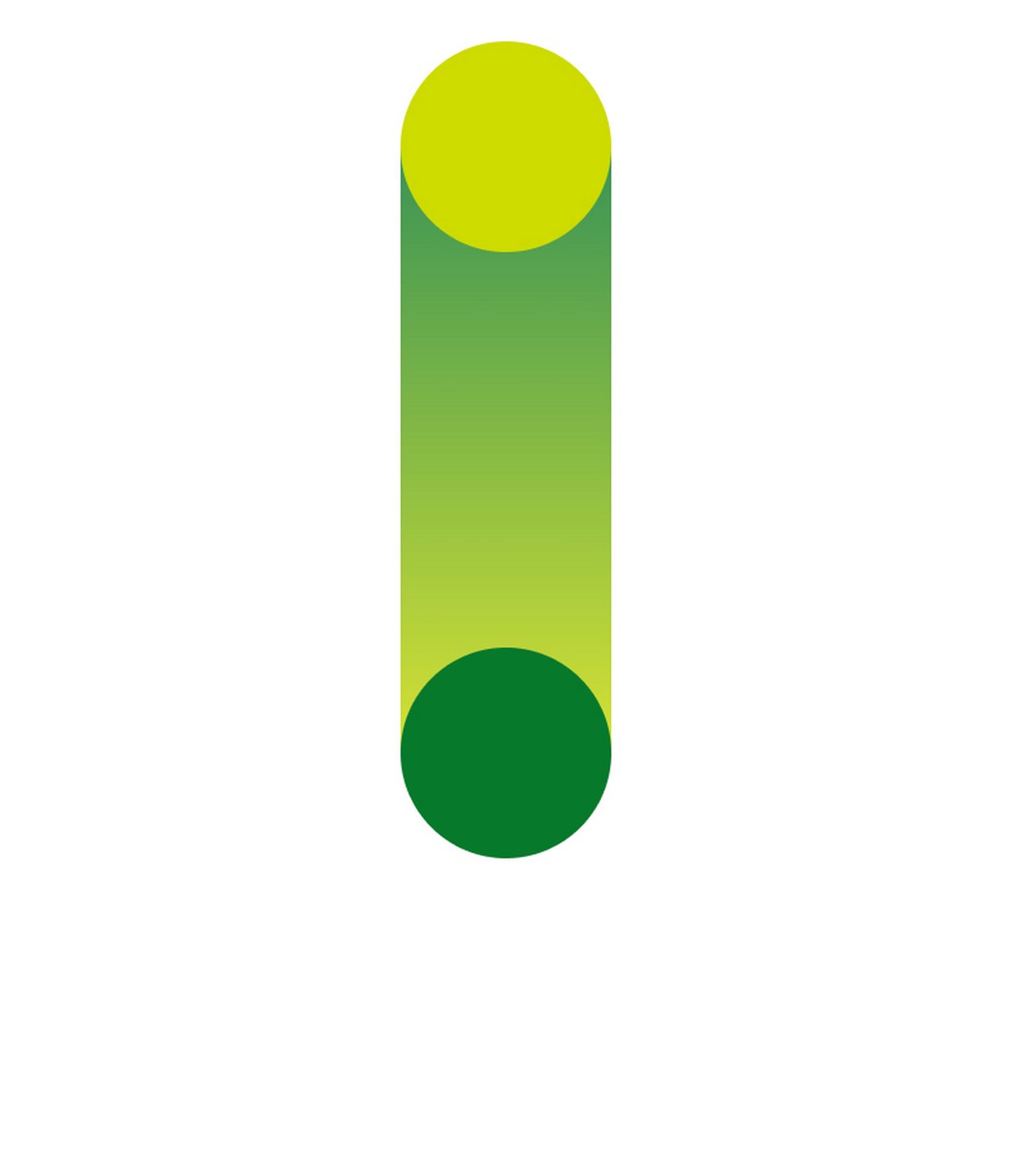Covid-19 as a wake-up call for sustainable finance
More and more clients embed sustainability into their business models. By issuing green or social bonds, companies can show their stakeholders that they take climate protection and social responsibility seriously.
Video Story: Covid-19 as a wake-up call
At Deutsche Bank’s Corporate Banking division, Henrike Pfannenberg is Head of the ESG Competence team and responsible for the effective implementation of the Corporate Bank ESG strategy. She is involved in developing sustainable finance solutions, advises clients on how they can become more sustainable and integrates the topic into the bank’s client advisors’ standard work processes. Here she talks about the rise of sustainable finance and how the pandemic has affected business.
Banks play a key role
Banks – together with their clients and investors – play a key role in driving the transition to a low-carbon, sustainable economy. Financing climate-friendly power plants, facilitating social investments in the context of hospitals and schools or providing preferential pricing to companies that achieve ambitious sustainability targets is what sustainable finance is about and it is a market that has grown tremendously of late.
And the Covid-19 pandemic has put even greater emphasis on sustainable development and related investments and re-financing measures for corporates. Deutsche Bank is also taking action and has, for example, been helping power and agriculture companies, real estate and mining companies as well as service providers to do business more sustainably.
Deutsche Bank wants to reach at least 200 billion euros in sustainable financing and investing by 2025.
Deutsche Bank as a supporter during the coronavirus pandemic
Since the outbreak of the pandemic in Europe, Deutsche Bank has been focused on helping clients meet the challenges associated with Covid-19. A number of our corporate clients have faced unprecedented challenges as orders were cancelled, revenues slumped, supply chains were interrupted and hygienic measures had to be implemented on short notice into work processes in order to protect their employees’ health.
In some cases, clients experienced shortfalls in liquidity and needed to apply for loans. Here, too, Deutsche Bank has been supporting its clients. For example, the bank helped corporates in Germany apply for loans under the government KfW-sponsored loan programme. The bank has also granted loans of its own and helped clients raise debt financing.
Sustainable finance in the spotlight
At the same time, clients have been asking for more sustainable finance solutions. In the first nine months of 2020, Deutsche Bank helped clients raise more than 46 billion euros in sustainable financing. This is more than triple the volume for the same period in 2019. Deutsche Bank ranked second by fees and third by volume in green bond underwriting, up from 14th by volume in the fourth quarter of 2019 (source for all rankings: Dealogic).
By using the proceeds of, for example, green or social bonds companies can show their stakeholders and the public that they take climate protection and social responsibility seriously. And it shows their employees that they are working at embedding sustainability more and more into their corporate strategy and business models.
Strong increase in sustainable debt issuance
Shows volumes of sustainable debt issued in US-Dollar. Sustainable debt issuance comprises green bonds, sustainability-linked loans, sustainability bonds, social bonds, green loans, sustainability-linked bonds.
Source: Bloomberg NEF, Bloomberg LP.

Show content of What is Sustainable Finance?
Sustainable Finance is broadly defined as any form of financial product or service that promotes positive environmental and/or social purposes while contributing to achieving the Paris Climate Agreement targets as well as the United Nations Sustainable Development Goals (SDGs).
Deutsche Bank offers a broad range of sustainable finance solutions.
Show content of What is a green bond?
A green bond is a fixed income instrument issued by a company to raise money for climate-friendly projects, e.g. further developing renewable energy sources or for projects aimed at boosting energy efficiency. Deutsche Bank is very active in the green bond market and issues these bonds on behalf of its clients or for its own refinancing purposes. Deutsche Bank has established a comprehensive Green Financing Framework based on the Green Bond Principles of the International Capital Market Association and under the guidance of the EU Taxonomy.
Show content of What is a social bond?
With social bonds an institution can raise funds for new and existing projects with positive social outcomes. Only recently Deutsche Bank helped the European Union (EU) break new records by leading its inaugural jumbo social bond, a 17 billion euro issuance. The historic transaction will provide loans to help member states reduce unemployment during the Covid-19 pandemic. The Covid-19 pandemic has brought social bonds into the spotlight, as seen by the rapid stream of Covid-19 relief bonds from sovereigns, supranationals and agency issuers.
Show content of When can an investment solution be classified as sustainable?
Investors and clients expect clear and credible criteria if they opt for sustainable finance. So Deutsche Bank has defined comprehensive rules that determine which financing offers and products can be classified as sustainable: the bank’s Sustainable Finance Framework is a prerequisite for it achieving its ambitious sustainability targets in accordance with credible criteria. These criteria are aligned to the Green Bond Principles and the Social Bond Principles of the International Capital Market Association (ICMA) as well as the EU Taxonomy.
The independent consultancy ISS ESG confirmed in a second-party opinion that Deutsche Bank’s Framework is consistent with “best market practices”. Furthermore, ISS ESG concluded that the standards applied by the Framework to define transactions as sustainable are ambitious and credible.
Recommended content
Responsible Growth | Opinion
The Pandemic helps focus on Global Sustainability Goals The pandemic puts the Global Sustainability Goals back in focus
Leading scientist Richard Florizone is hopeful as “the pandemic has led to a great deal of mobilization across the globe.”
The Pandemic helps focus on Global Sustainability Goals Does Covid-19 help sustainability?Responsible Growth | Story
Togs from trash Togs from trash
The Italian company Aquafil shows us how they produce sustainable materials for the textile industry.
Togs from trash Can fashion help protect the climate?Responsible Growth | Opinion
Responsible finance, now and post Covid-19 Responsible finance, now and post Covid-19
Have asset managers underestimated environmental risks? And how will the economy recover? Our expert Kamran Khan shares his thoughts.
Responsible finance, now and post Covid-19 What key lessons has the pandemic taught?





